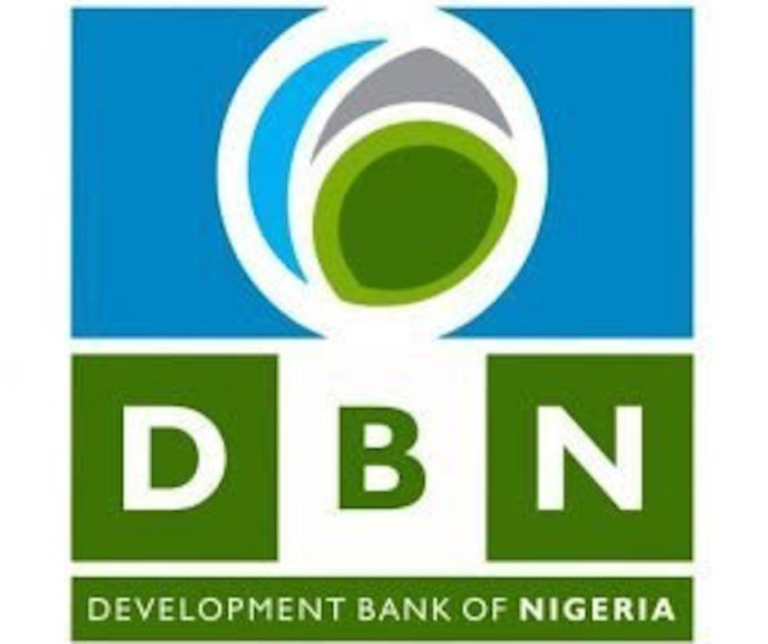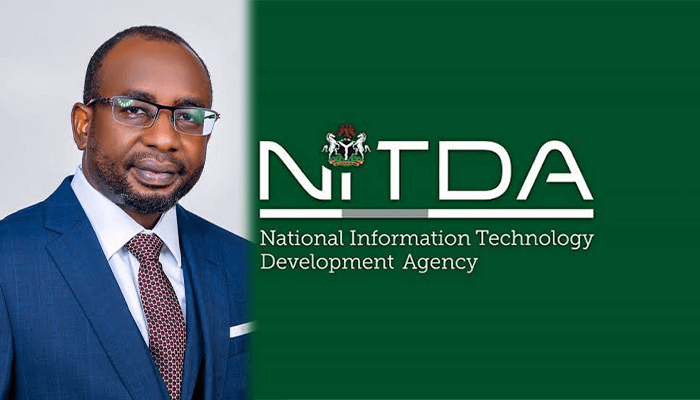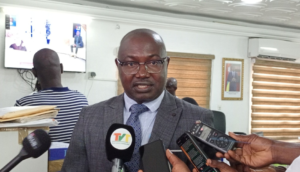In a significant move towards enhancing social welfare, the National Institute of Health Insurance (INAM) in Togo is expanding its coverage for Universal Health Insurance (AMU). This new initiative extends benefits to widows, widowers, orphans, and direct ascendants—such as fathers and mothers—who are covered by the civil and military pension scheme provided by the Togo Retirement Fund (CRT). This decision represents a crucial step in supporting families affected by the loss of their primary earners.
The expansion of coverage aligns with a similar measure introduced just last month for beneficiaries under the National Social Security Fund (CNSS). By broadening the scope of health insurance, the government aims to ensure that vulnerable populations receive the medical care they need. This initiative reflects a commitment to improving health outcomes and providing security to those who have lost their financial providers.
For many families, access to healthcare can be a daunting challenge, especially after the loss of a loved one who was the main source of income. By including widows, widowers, and orphans in the Universal Health Insurance plan, INAM is recognizing the importance of providing health coverage to those who are often left in precarious situations. This move not only alleviates financial burdens associated with healthcare but also promotes the overall well-being of these families.
The decision to extend coverage is particularly timely, as it comes at a moment when many are facing economic uncertainties. Healthcare costs can be overwhelming, and for families already coping with the emotional impact of loss, the added stress of medical expenses can be devastating. By ensuring that these individuals have access to necessary health services, the government is taking a proactive approach to social support.
This initiative also highlights the Togo government’s ongoing commitment to universal health coverage. The country aims to provide equitable access to healthcare for all citizens, regardless of their social or economic status. By integrating more beneficiaries into the health insurance system, Togo is making strides toward a more inclusive healthcare model.
Moreover, the expansion of coverage under the AMU is expected to have positive ripple effects throughout the healthcare system. With more individuals insured, healthcare providers can better plan and allocate resources, ultimately leading to improved service delivery. This comprehensive approach not only benefits the insured but also strengthens the overall healthcare infrastructure in Togo.
In conclusion, the National Institute of Health Insurance’s decision to extend Universal Health Insurance coverage to widows, widowers, orphans, and direct ascendants is a commendable step in enhancing social welfare in Togo. By building on previous measures and expanding access to healthcare, the government is reinforcing its commitment to supporting vulnerable populations. This initiative will undoubtedly provide much-needed relief and security to families facing challenging circumstances, ensuring that they can access healthcare without the added burden of financial strain.






